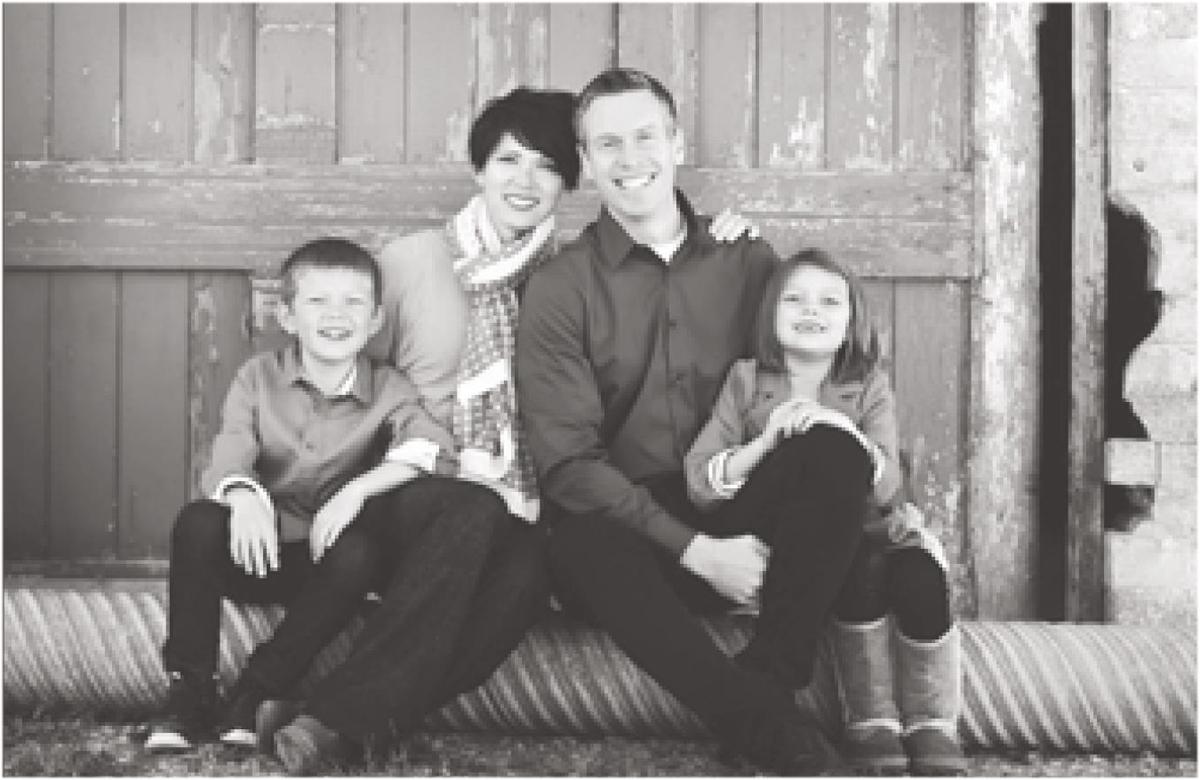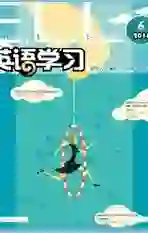一年不购物,生活会如何?
2016-05-14ByMaryHance
By Mary Hance

What Happened When One Family Completely Stopped Shopping for a Year
For one year, the Dannemiller family gave up buying any unnecessary purchases.
When parents Scott and Gabby Dannemiller found themselves getting caught up in what Scott calls “the American hamster wheel of more is better,” they decided to take a drastic measure: no more unnecessary purchases for a year.1
In an effort to get back in touch with what they call their family mission, which includes “growing in faith together and serving others to create a world without need,” the Dannemillers decided to stop spending money on things like toys, books, clothing, or anything that wasnt a necessity (like food, or repairing the refrigerator when it broke) or an experience (like family tickets to a hockey2 game).
“This was about focusing less on ‘stuff and instead getting connected with each other,” Scott tells Yahoo Parenting. “The thing to remember is that in the grand scheme3 of things, this was not a big deal—a lot of the world lives on $10 a day, and for families all over the country, this is their everyday, not a fun experiment. There are families that cant afford food. But for us, the question was, when you do have resources you can spend, where are you going to spend them?”
Scott Dannemiller documented his year without shopping in a book The Year Without a Purchase: One Familys Quest to Stop Shopping and Start Connecting.4
Overall, Scott says the family successfully stuck to5 the plan. “There were four times when we fell off the wagon6,” he says. They bought their son, then seven years old, a protective cup to play catcher on his baseball team, and they purchased a pair of shoes, a new vacuum cleaner, and a set of fins they had previously promised their daughter,7 then five, if she passed her swim test. But, Scott says, the year had its intended effects8. “By focusing on experiences instead of purchases, we grew together in faith as a family, we were able to serve others, we were able to give more of our time and treasure to people who really need it,” he says. “Plus, the kids didnt even notice.”
Though the experiment took place in 2013, Scott says the family, which lives in Franklin, Tennessee, still tries to live by the lessons they learned while cutting out extraneous9 spending. “My daughters birthday is next month, and she asked if we could go visit her uncles farm and ride a horse, rather than just asking for a horse stuffed animal10,” he says. “Now we look at purchases and say ‘will that really add value to our life, or is it something we will just need to find space for and take care of?”11
For parents considering a similar experiment, Scott says the first thing to do is be clear on12 your intent. “For us it was reconnecting, but for others it might be saving money or putting more resources toward things that are important to you,” he says. “The intent is more important than the outcome, so if you slip up, dont freak out.13”
If youre trying to teach your children to focus less on physical stuff, Scott says its helpful to tweak14 your language when kids ask for things. “We used to say ‘thats too expensive, but that made our kids think ‘ok, we need more money, and when we get more money we can have it,” he says. “We shifted to15 ‘we dont need that, and that helped them understand.”
When cutting down spending, Scott says the most important thing is to focus not on what your family is giving up, but what it is gaining. “Its not about what youre losing,” he says. “The question should be, ‘What are we going to replace that with? Then, make sure you are adding something to your life that the people in your family value. For us, that was time together.”
1. 斯科特·丹尼米勒和嘉比·丹尼米勒夫妇二人发现自己陷入了斯科特所谓的“美国式多多益善”的思维模式,实则如仓鼠滚轮般毫无用功,于是他们当机立断,决定一年不买不必要的东西。hamster wheel: 仓鼠滚轮,此处比喻无用功;drastic: 极端的,严厉的。
2. hockey: 曲棍球。
3. scheme: 计划,规划。
4. document: v. 记录;quest: 追求,追寻。
5. stick to: 坚持,信守。
6. fall off the wagon: 旧瘾复发,此处形容又买了计划外的东西。
7. protective cup: 护裆; catcher: (棒球)接球手; vacuum cleaner: 真空吸尘器;fin:(潜水、游泳用的) 脚蹼。
8. intended effect: 预期效果。
9. extraneous: 额外的,不必要的。
10. stuffed animal: 毛绒玩具。
11. 现在我们会看着要买的东西,然后问自己:“它会使我们的生活更有价值吗?或者这只是一个又占地儿又需要我们来维护的东西?”
12. be clear on/about sth.: 弄清楚。
13. slip up: 疏忽,出差错; freak out: 心烦意乱,焦虑。
14. tweak: 稍稍改进。
15. shift to: 转变为,此处指 “转而说”。
